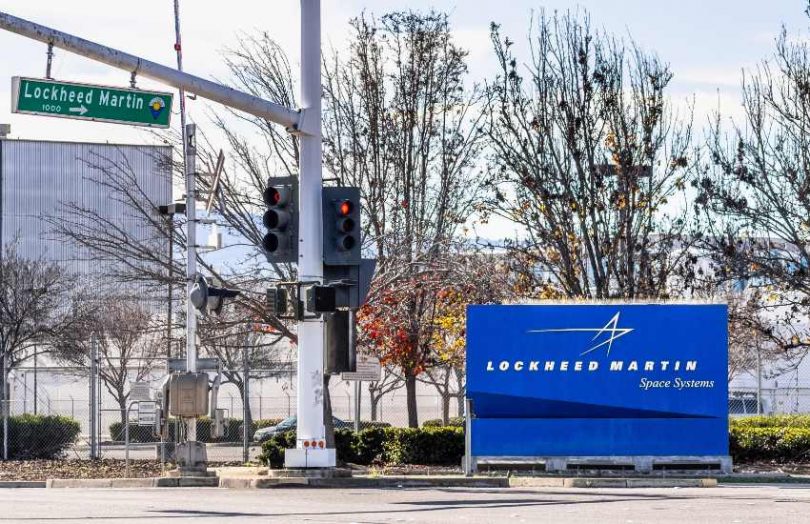Today SpiderOak announced that it’s working with Lockheed Martin on a blockchain solution to secure satellite communications. Lockheed’s Space Mission Solutions produces various satellites, including military ones for Intelligence, Surveillance, and Reconnaissance (ISR). Last year SpiderOak received a U.S. Airforce small business grant to develop its OrbitSecure platform, which is the basis of the deal with Lockheed Martin.
Looking at corporate security more generally, until recently, most organizations created a network perimeter protected by firewalls to ensure only trusted parties can communicate within the network. That security model doesn’t work so well for cloud-hosted services. Hence there’s a new model referred to as zero trust security, where key principles include ensuring data is always encrypted and continuously verifying who has access to which resources. Identity is a core aspect of the solution.
Satellites have worked similarly, with a single party operating the craft, payload and ground support network. But spacecraft have evolved to have different parties involved in each of these aspects, creating the need for a multiparty network. Hence OrbitSecure uses a permissioned blockchain to share access and control of surveillance and assets using end-to-end encryption. It provides proof of identity, authority and integrity that every agent within the network verifies.
OrbitSecure provides an open source software development kit for blockchain and encryption that allows zero trust security to be embedded within the application layer. Together the plan is to integrate OrbitSecure into Lockheed’s satellite management systems.
“Relentless cyber security is critical for our customers and ensures that their national security and intelligence missions are robust and resilient. Lockheed Martin is always looking for innovative companies who can contribute increased capabilities and greater security to these important government missions. This U.S. Air Force Small Business Innovation Research (SBIR) contract is a great example of how the government and both large and small companies can work together,” said Joe Epstein, SBIR portfolio manager for Lockheed Martin Space.
Other Lockheed Martin blockchain projects have included using blockchain for supply chain, and it’s involved with developing identity standards for internet of things (IoT) devices.
This is by no means the first use of blockchain in the space sector. In 2020, Xage Security developed its blockchain-based Security Fabric for the U.S. Space Force (USSF). The purposes sound similar to OrbitsSecure. NASA also provided a small business grant to use blockchain for inter-satellite communication.






